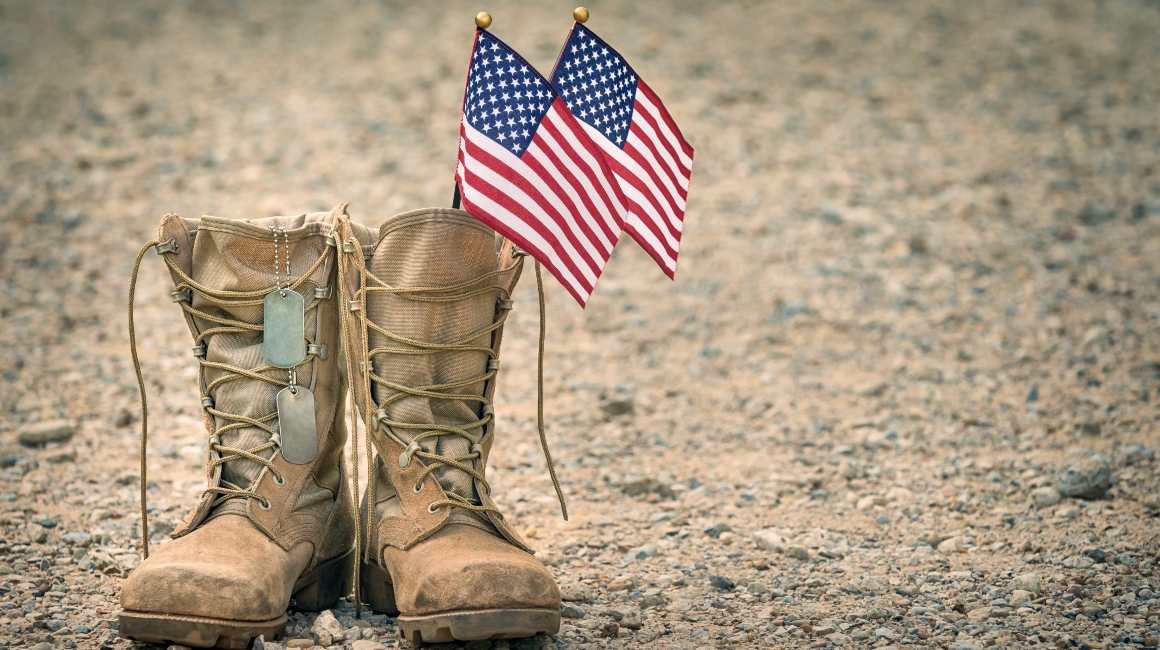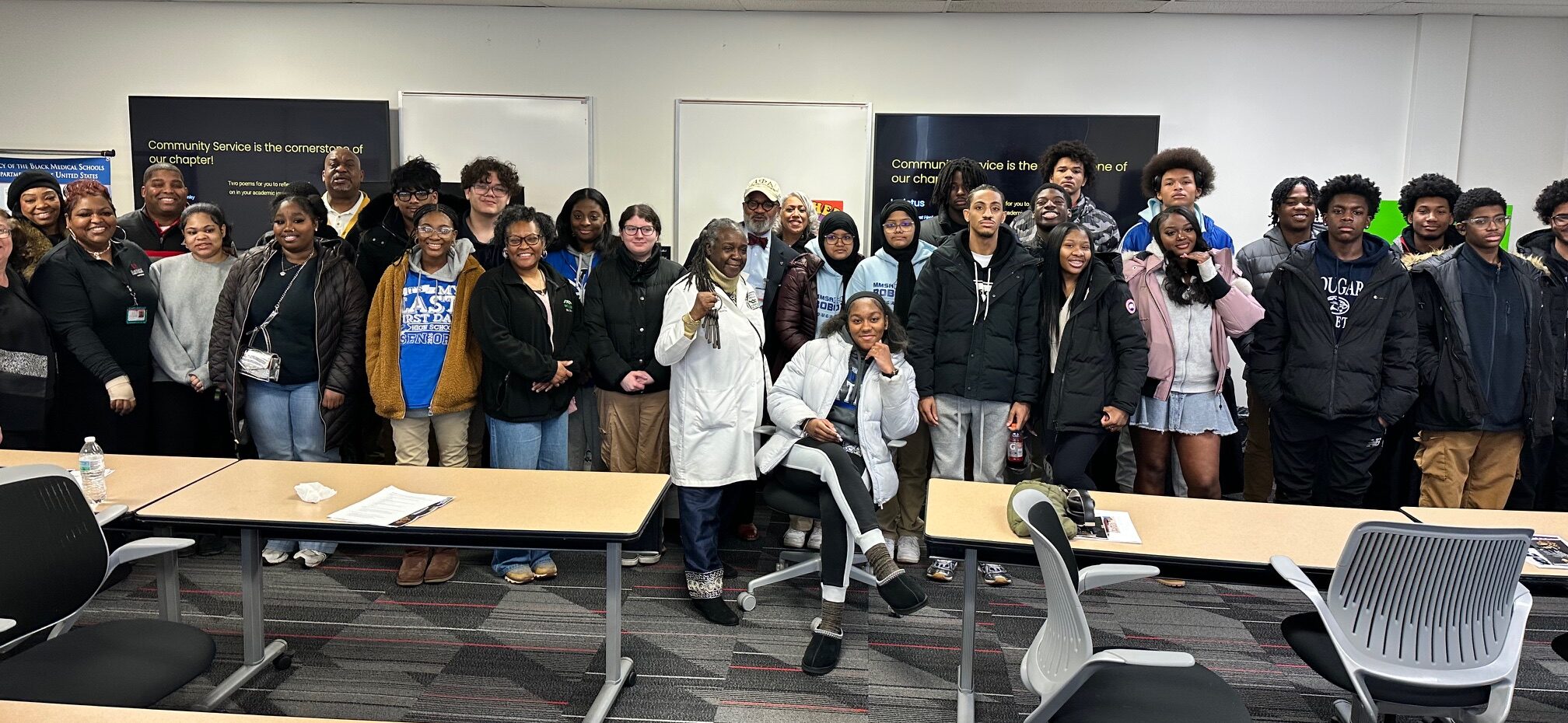Transitioning from service member to college student can be challenging, but figuring out where to get your degree shouldn’t be. Before choosing a college, be sure to consider everything that’s available for veterans at each one. A good place to start is to look for your state’s “military-friendly schools” — but don’t stop there. Here are some of the top things veterans should consider before choosing a college.
Is there a military-friendly culture?
One aspect to keep on your radar is the culture at each school. If this is important to you, do your research to ensure you find a school with an environment that is welcoming to service members. Find out which schools offer ways to connect with like-minded individuals that have similar backgrounds and experiences. For example, some universities implement specific student organizations and lounges that will help you connect with other veterans across campus.
How many course credits will I get for my military experience?
Some of the best schools understand that the skills you gained in the military directly apply to your education and future career. These schools will grant you course credits for your applicable real-life experiences. So, be sure to compare the number of credits you can get for your military experience across schools. Attending a college that has a higher number of course equivalencies, meaning the number of credits you can earn for your previous training, will help you shorten the time it takes to complete your degree.
What benefits, discounts and scholarships are available?
Colleges can offer up to 100% military benefit participation for programs like the V.A. GI Bill, Yellow Ribbon, Federal Tuition Assistance and Michigan National Guard State Tuition Assistance. They can also offer a range of additional tuition discounts for veterans. Be sure you understand exactly which benefits and discounts will be available to you at each school you’re considering. In addition, some schools will help you find and apply for other benefits, and advise you on how to maximize those benefits.
You’ll also want to look for schools that are willing to help you work around benefit payout timing to ensure you can get books and other necessities before classes start. Other things you should look for? Added benefits or services like veteran-specific scholarships, career services, financial aid and advising. Some schools will even offer tuition discounts and scholarships to your family members as well.
Are there veteran faculty and/or staff at the school?
Attending a school with other veteran students, faculty and staff will typically have a built-in military community that can help you succeed along your educational path. Look for schools that can provide the opportunity for veteran students to work with veteran faculty and staff. For example, some schools have an on-campus veteran services coordinator that can help connect students like you with the resources they need to be successful.
After considering these factors across the schools you’re considering, you’ll be in a better position to choose the college that best fits your preferences and previous experience. Once you have a list of schools that offer what you’re looking for, narrow your options down further by location and admissions criteria. With your short list in hand, send in your applications and then get in touch with financial aid representatives at each college to be sure you’ll be able to maximize your benefits should you choose to attend.
To apply, visit Davenport University’s quick application at davenport.edu/apply today.
Share This Story!
Transitioning from service member to college student can be challenging, but figuring out where to get your degree shouldn’t be. Before choosing a college, be sure to consider everything that’s available for veterans at each one. A good place to start is to look for your state’s “military-friendly schools” — but don’t stop there. Here are some of the top things veterans should consider before choosing a college.
Is there a military-friendly culture?
One aspect to keep on your radar is the culture at each school. If this is important to you, do your research to ensure you find a school with an environment that is welcoming to service members. Find out which schools offer ways to connect with like-minded individuals that have similar backgrounds and experiences. For example, some universities implement specific student organizations and lounges that will help you connect with other veterans across campus.
How many course credits will I get for my military experience?
Some of the best schools understand that the skills you gained in the military directly apply to your education and future career. These schools will grant you course credits for your applicable real-life experiences. So, be sure to compare the number of credits you can get for your military experience across schools. Attending a college that has a higher number of course equivalencies, meaning the number of credits you can earn for your previous training, will help you shorten the time it takes to complete your degree.
What benefits, discounts and scholarships are available?
Colleges can offer up to 100% military benefit participation for programs like the V.A. GI Bill, Yellow Ribbon, Federal Tuition Assistance and Michigan National Guard State Tuition Assistance. They can also offer a range of additional tuition discounts for veterans. Be sure you understand exactly which benefits and discounts will be available to you at each school you’re considering. In addition, some schools will help you find and apply for other benefits, and advise you on how to maximize those benefits.
You’ll also want to look for schools that are willing to help you work around benefit payout timing to ensure you can get books and other necessities before classes start. Other things you should look for? Added benefits or services like veteran-specific scholarships, career services, financial aid and advising. Some schools will even offer tuition discounts and scholarships to your family members as well.
Are there veteran faculty and/or staff at the school?
Attending a school with other veteran students, faculty and staff will typically have a built-in military community that can help you succeed along your educational path. Look for schools that can provide the opportunity for veteran students to work with veteran faculty and staff. For example, some schools have an on-campus veteran services coordinator that can help connect students like you with the resources they need to be successful.
After considering these factors across the schools you’re considering, you’ll be in a better position to choose the college that best fits your preferences and previous experience. Once you have a list of schools that offer what you’re looking for, narrow your options down further by location and admissions criteria. With your short list in hand, send in your applications and then get in touch with financial aid representatives at each college to be sure you’ll be able to maximize your benefits should you choose to attend.
To apply, visit Davenport University’s quick application at davenport.edu/apply today.
Share This Story!
Stay connected!
Get the latest Davenpost News delivered to your inbox!
Related Stories
Alum inspired by life’s challenges We are honored to feature Linda Monusko ’13 as our Alumni Success Story this week. [...]
In this Fuel Your Future series, we profile six motivated students on their educational journey and learn how Davenport is [...]
Student, alumni and faculty volunteers from Davenport University are offering free income tax preparation sessions, available to low- and middle- [...]
Latest Stories
The path to college isn’t always easy, and for students of color, it is often littered with roadblocks not present [...]
In recognition of Black History Month, Feb. 23 – 26, the Warren campus of Davenport University invited middle and high [...]
Davenport University President Richard J. Pappas, Ed.D., announced that Mark Peters, the CEO of Butterball Farms, Inc. has been appointed [...]








